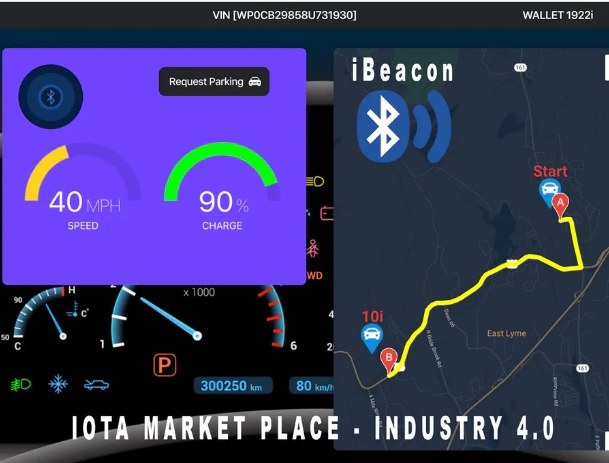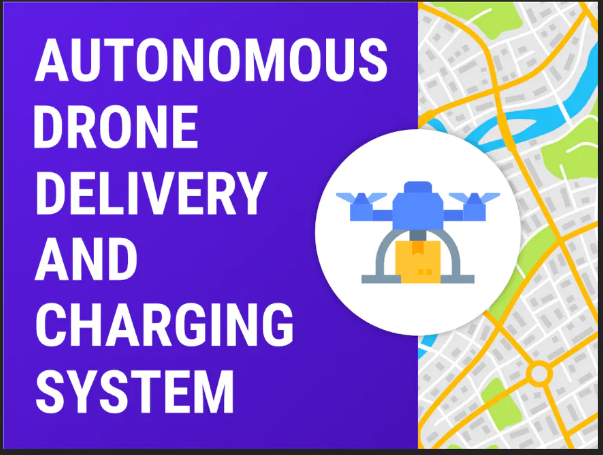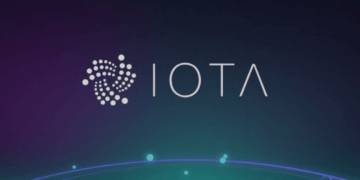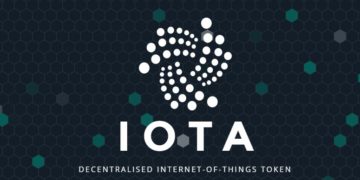The IOTA Foundation organizes the Marketplace of devices Hackathon along with eCl@ss where they chose the winner of the most successful project for parking spaces marketplace. In the latest IOTA news, we find out more about what happened during the event.
The first three places on the hackathon went to a marketplace for parking spaces, logistics solutions for events, and a drone loading station. The IOTA community is known for its innovative spirit which is why the IOTA foundation organizes these kinds of events, to promote the development of new solutions using the IOTA technology and IOTA marketplace. The goal is to develop an open-source solution that will use this marketplace to create value, explore business models, and building blocks.
Congratulations to all the winners of the #Marketplace of Devices contest with @Hacksterio & @eClassStandard. Check out the 3 winning projects and the runner ups at https://t.co/Izi3mVH4V3. You can still submit your projects to the #IOTA hub on the Hackster platform. pic.twitter.com/Z8ZpDe5rly
— IOTA (@iotatoken) May 31, 2020
The first place went to Mithun Das, the creator of the proof of concept for industry 4.0 parking marketplace as a most successful project, where the machines will negotiate and consume services without any human interaction. Das explained that by 2025 there will be 8 million self-propelled cars which will require a new system of communication and learning which garage is available by making reservations within a given time.

In the solution, Das says that a driver that looks for parking will have to send a request through the Tangle. The garages in the area will send suggestions for the request to which the vehicle can approve or reject. If the driver accepts the request on the dashboard, the vehicle will choose the fastest route on the screen. The garage will be waiting for the arrival of the vehicle and as soon as it approaches the garage, the parking space will send a payment request to the vehicle:
‘’Car dashboard calls REST API of SR wrapper (a python flask web app deployed on EC2 container) to initiate parking request. Wrapper then calls API of IOTA service requester deployed on another EC2 container. SR wrapper then listen for incoming request from MQTT and publish messages to MQTT which is consumed by car dashboard such as proposals, request for payments etc.’’
The second place went to a project that was presented at the CNF which is a prototype of a drone charging station that can supply electricity to drones or other machines for payment. During the IOTA hackathon, the team demonstrated the use case of a delivery drone too. The third place went to ‘’Logistical’’ which is a proof of concept for event management in order to automate trade of services for logistics.

The IOTA Foundation organizes the Marketplace of devices Hackathon along with eCl@ss where they chose the winner of the most successful project for parking spaces marketplace. In the latest IOTA news, we find out more about what happened during the event.
The first three places on the hackathon went to a marketplace for parking spaces, logistics solutions for events, and a drone loading station. The IOTA community is known for its innovative spirit which is why the IOTA foundation organizes these kinds of events, to promote the development of new solutions using the IOTA technology and IOTA marketplace. The goal is to develop an open-source solution that will use this marketplace to create value, explore business models, and building blocks.
Congratulations to all the winners of the #Marketplace of Devices contest with @Hacksterio & @eClassStandard. Check out the 3 winning projects and the runner ups at https://t.co/Izi3mVH4V3. You can still submit your projects to the #IOTA hub on the Hackster platform. pic.twitter.com/Z8ZpDe5rly
— IOTA (@iotatoken) May 31, 2020
The first place went to Mithun Das, the creator of the proof of concept for industry 4.0 parking marketplace as a most successful project, where the machines will negotiate and consume services without any human interaction. Das explained that by 2025 there will be 8 million self-propelled cars which will require a new system of communication and learning which garage is available by making reservations within a given time.

In the solution, Das says that a driver that looks for parking will have to send a request through the Tangle. The garages in the area will send suggestions for the request to which the vehicle can approve or reject. If the driver accepts the request on the dashboard, the vehicle will choose the fastest route on the screen. The garage will be waiting for the arrival of the vehicle and as soon as it approaches the garage, the parking space will send a payment request to the vehicle:
‘’Car dashboard calls REST API of SR wrapper (a python flask web app deployed on EC2 container) to initiate parking request. Wrapper then calls API of IOTA service requester deployed on another EC2 container. SR wrapper then listen for incoming request from MQTT and publish messages to MQTT which is consumed by car dashboard such as proposals, request for payments etc.’’
The second place went to a project that was presented at the CNF which is a prototype of a drone charging station that can supply electricity to drones or other machines for payment. During the IOTA hackathon, the team demonstrated the use case of a delivery drone too. The third place went to ‘’Logistical’’ which is a proof of concept for event management in order to automate trade of services for logistics.

DC Forecasts is a leader in many crypto news categories, striving for the highest journalistic standards and abiding by a strict set of editorial policies. If you are interested to offer your expertise or contribute to our news website, feel free to contact us at [email protected]





















Discussion about this post